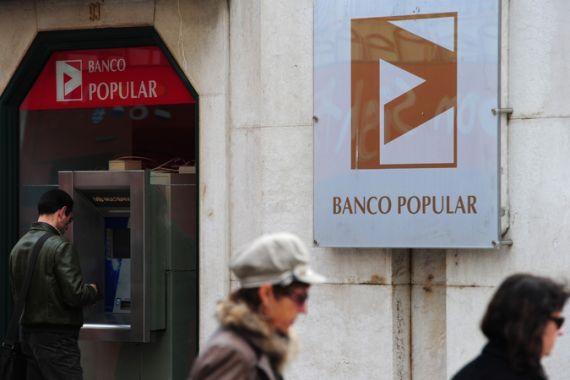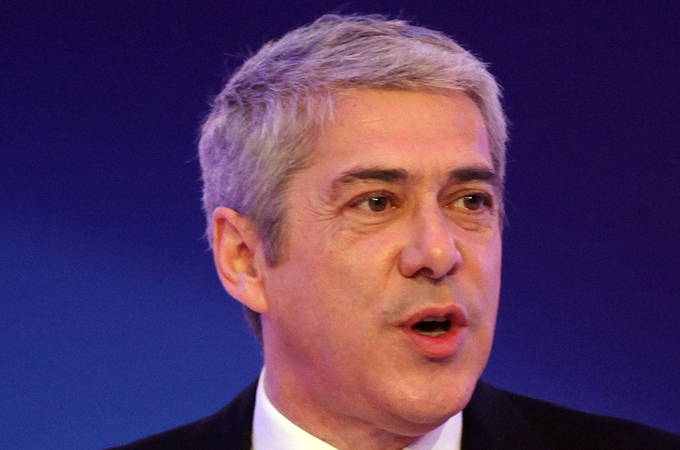Portugal faces tough bailout talks
Officials from the EU and IMF discuss rescue deal in Lisbon amid possible challenge from anti-euro party in Finland.

 |
|
The rescue deal must be approved by Jose Socrates, the caretaker prime minister, and the opposition [EPA] |
Talks to negotiate Portugal’s bailout have kicked off in Lisbon, the capital, as a eurosceptic party in Finland said it would seek changes to the plan for the cash-strapped country.
Representatives of the European Commission, the European Central Bank and the International Monetary Fund are meeting Portuguese authorities on Monday to discuss what would be the eurozone’s third bailout since the global economic crisis.
The negotiations, which are expected to last weeks, will set the terms for what is expected to be a $116bn deal.
Jose Manuel Barroso, head of the European Commission and a former Portuguese prime minister, has said it “will be a medium-term programme with strict conditions”.
The aim is to come up with a radical economic reform plan, including privatisations, labour market reforms and steps to shore up fragile banks by mid-May, weeks before Portugal is due to hold a snap election.
Finnish threat
But Portugal is now facing added pressure from Finland, where the True Finns party, which is anti-euro, made big gains in an election on Sunday. The party may be in a position to challenge the bailout if it ends up joining the government in Helsinki.
Timo Soini, the party’s leader, said that there would “have to be changes” to the bailout plan.
“The package that is there – I do not believe it will remain,” he said.
It may take weeks to know whether the party can back up that threat, but its success in the election potentially poses a huge risk to Lisbon, which has said that come June, it will run out of funds to keep the country running.
However a spokeswoman for the European Commission said Brussels was “fully confident that Finland will continue to honour its commitments” towards the bailout.
Any delay in approving the bailout deal beyond the mid-May target could leave European leaders scrambling to find other means of funding for Portugal.
It is a country of more than 10 million people that has been targeted by investors during the eurozone crisis because of its high debt levels and uncompetitive economy.
The EU and the IMF have each warned that Lisbon will have to implement more public spending cuts, tax rises and far-reaching privatisation to secure its lifeline.
The debt rescue is already highly controversial in Portugal, where unemployment has been increasing for almost a decade and education levels are below th eurozone average.
This year, it was supposed to reduce its public deficit to 4.6 per cent of gross domestic product, but in 2010, the deficit blew out to 8.6 per cent, way over the 7.3 per cent target.
Wealthier EU nations reluctant
Even before the Finnish vote, Portugal faced significant political obstacles to sealing a deal with the EU and IMF.
Jose Socrates, Portugal’s prime minister, is serving in a caretaker capacity since resigning last month, after the opposition parties rejected his latest austerity plans.
With an election due on June 5, the rescue deal must be approved not only by his government but by the Social Democrats (PSD), the main opposition party, which is leading in the polls in the run-up to the vote.
Bailout talks could be complicated further by what Portuguese weekly Expresso said were disagreements between European officials and the IMF on loan conditions.
Expresso said the IMF was insisting on a lower average interest rate on the bailout loans for Portugal than Greece and Ireland initially received.
The newspaper added that the IMF wants the aid to last four rather than three years to give the Portuguese economy additional time to recover. It also said that richer European nations were resisting the idea, fearing a public opinion backlash at home.
Officials could not be reached for comment on the report.